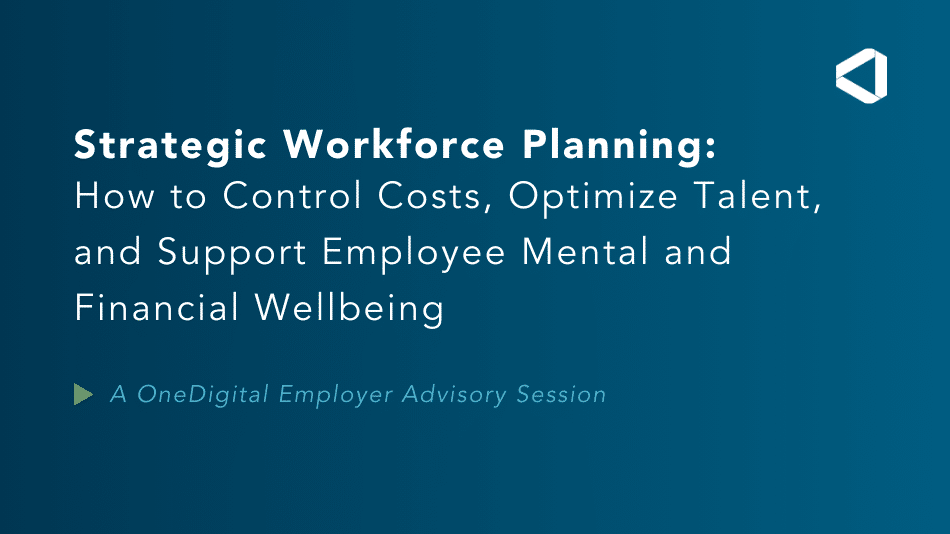Better Benefits, No Headaches
Employer Duty of Care: Supporting a Global Workforce During a Pandemic
Employer Duty of Care: Supporting a Global Workforce During a Pandemic
Our nation and the entire world are in a current state of change when it comes to Global Leadership and HR during this unprecedented time.
Economies have become more and more integrated which has led the number of people traveling between countries for work to an all-time high. Whether your company currently has a global workforce or plans to expand in the future, being able to manage a globally mobile workforce will be critical to organizational success now and in the future.
What is duty of care?
In essence, a duty of care is the obligation of employers to protect the safety of their employees who are traveling or assigned for business globally. Business travelers can be put into situations that expose them to a range of health, safety and security hazards. Corporations increase their liability exposure because they have a legal and moral duty of care to every employee.
Why do employers need to understand their duty of care during the COVID-19 pandemic?
Duty of care requires that a person act toward others and the public with the watchfulness, attention, caution and prudence that a reasonable person in the circumstances would use. If a person's actions do not meet this standard of care, then the acts are considered negligent, and any damages resulting may be claimed in a lawsuit for negligence. Now more than ever, employers are obligated to protect the safety of their employees who are traveling for business globally by assessing risks and actively making efforts to adhere to legal requirements.
What are the legal duties of employers?
No one wants to be involved in litigation. That said, employer’s legal duty is to take reasonable care so that others aren’t harmed. Companies are not expected to eliminate the risks associated with global travel, but they are responsible for determining what their reasonable risk is and put into place plans to diminish, remove or eliminate the risk. In some cases this may involve the employer at its own cost, bringing the employee back home to eliminate the risk.
How could employers be found negligent?
-
Duty
-
Breach of Duty
-
Causation
-
Proximity Policy
-
Damages
How to Implement Duty of Care Practices to Mitigate Risks
-
Assess Risks and Crisis Plan
There are five main risk categories that employers need to be aware of: Health, Safety, Environment, Legal, Culture and Security.
In all cases, the risk must be considered in ways that are specific to the type of work someone is conducting, areas of travel they are visiting and the individual who is traveling. One region of a country can be very different than another and blanket security guidelines provided by foreign service departments are not specific enough to take in the different types of risks. Plans should always be tailored to the individual who will be traveling and put into place well before travel begins. The employer should always be up to date on local laws and changing situations and communicate to employee(s).
-
Educate Employees
Employers are expected to inform their employees about potential risk and sensitive risks they may encounter while abroad. This includes health risks, environmental and political risks. This also includes communications on actions that an employee would need to take. Again, the level of education will depend on the specific scenario. For example, high-risk travel scenarios may require lengthy sessions (customized in-person sessions). Employees have the right to know about a specific risk they may face and refuse work trip tasks that they deem dangerous. If an employee is not informed of potential risks and an incident occurs, the damages the employer may have to pay are often much higher. Documentation is also important (documenting that the employer explained the risks and that the employee was willing to complete the task).
-
Inform and Communicate with Employees
While an employee is on a business trip, risks can change, often dramatically as evident in the current state of global affairs in response to the coronavirus pandemic. Change factors can include weather, political demonstrations, emerging events in bordering countries, etc. that can affect risk. It's important to contact your employees and let them know of any important risk and threat changes as well as offer support. By providing updates to people both in country and out of country, employers have then fulfilled their duty of care obligations. Not only does this help employees be more vigilant, but it also provides key instructions for avoiding risks.
-
Monitor Employees Abroad
Knowing where your employees are is critical in ensuring their health and wellbeing. Those in the vicinity of a national disaster or health crisis can be notified via an alert system and given steps to secure their safety. Duty of care not only applies to the home and destination countries but also everywhere in between. Tracking employees in transit is also a consideration (via phone and GPS tracking).
-
Respond to Incidents and Crises
When people are outside of their routine, a number of issues can arise. Important documents can be stolen, people can become ill, or a large-scale disaster can occur. Emergency response plans can often be implemented with multiple stakeholders involved including the media, family, government and local law enforcement. Having a chain of command in place will ensure everyone takes the proper steps needed.
By protecting your greatest assets, your employees, and showing them you care through demonstrating your duty as an employer your company will benefit beyond the letter of the law. As you expand your global options, keep in mind that your ability to develop strategies that are globally consistent but locally adaptable will be crucial. Developing a strategy for a global workforce is not a one size fits all approach and will require ongoing and frequent customization and updating.
Your global workforce management success will be squarely dependent on your ability to provide the right talent with the peace of mind on their out of country travels, no matter the location.
For more information on duty of care watch the webinar playback:“Duty of Care: Employers Obligations for a Global Workforce." For additional resources on how employers can manage their workforce in the wake of the coronavirus, visit OneDigital’s Coronavirus Advisory Hub.




